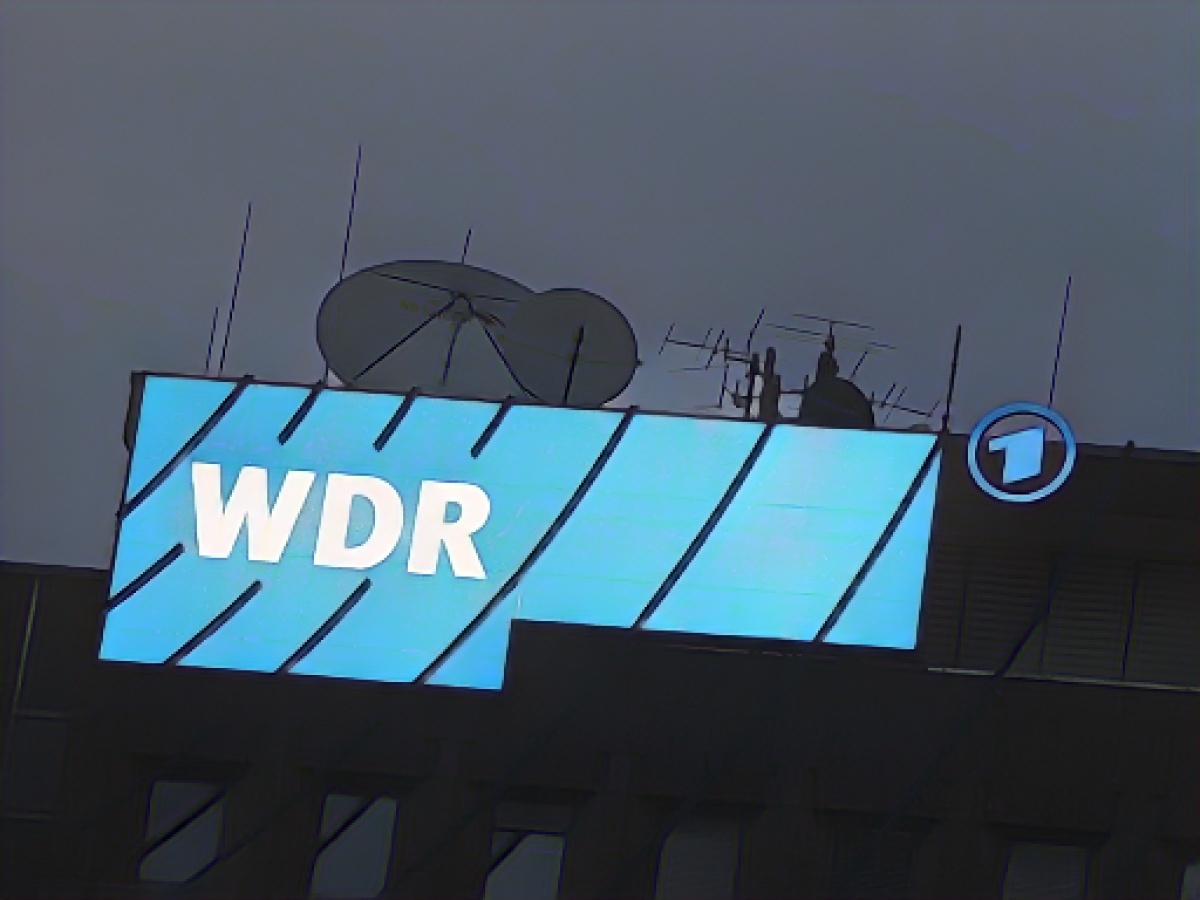Public Broadcasters Under Pressure for Higher Wages
The German Journalists' Association (DJV) has set its sights on a 10.5% wage increase for employees working in public broadcasters. This demand will form part of negotiations set to commence in 2024, the DJV announced during their annual conference in Magdeburg this past weekend.
With the Green Collective Bargaining Commission's full, unanimous support, DJV aims to improve wages and fees for its members, who are currently involved in collective bargaining with SWR, NDR, BR, and WDR.
During the conference, 200 DJV delegates gathered to elect the seven-member Federal Executive Board and discuss various topics. Set to continue through November 7th, this annual gathering serves as a platform to shape the future of journalism in Germany.
The potential financial repercussions for media associations associated with these public broadcasters cannot be overlooked. In light of the DJV's demand for increased wages, budgetary adjustments may become necessary for the broadcasters, potentially affecting areas such as programming, infrastructure, and marketing.
Revenue sources might need adjustment as well, with their potential increase in labor costs pushing for changes in advertising rates, seeking additional funding from government or private sources, or implementing cost-saving measures in other segments of their operations.
Services offered by these broadcasters might also undergo changes to offset these higher labor costs, such as a reduction in the number of channels, elimination of specific programs, or the introduction of subscription-based models. Consequently, public broadcasters' financing models might require reevaluation to ensure their continued sustainability.
Behind the scenes, negotiations between the broadcasters and DJV are expected to be complex, potentially involving compromises on other benefits or working conditions to reach a mutually agreeable resolution. Major long-term financial planning will be required to manage these heightened expenses without compromising financial stability or maintaining the quality of these broadcasters’ services.
As the German government weighs the implications of imposed tariffs on media associations, DJV's demand for higher wages could spark even more significant budgetary changes for these broadcasters. This scenario might well ripple across the entire media landscape in Germany if other market players follow suit with similar demands.
[1] Enrichment Data: Concerning the 10.5% wage increase demand by German public broadcasters, several potential implications surface:
- Heightened Labor Costs: A 10.5% increase in wages would lead to a direct rise in labor costs for the broadcasters, impacting expenses for salaries, benefits, and recruitment.
- Budget Reallocation: To maintain financial equilibrium, broadcasters might need to redirect budgetary funds from other sectors, such as programming, infrastructure, marketing, and so forth.
- Revenue Adjustments: To address increased labor costs, broadcasters may need to modify revenue streams by boosting advertising prices, seeking further funding, or taking cost-saving measures elsewhere in their operations.
- Service Alterations: The higher labor costs could lead to service changes for broadcasting companies, including reductions in the number of channels, program eliminations, or subscription-based models.
- Public Funding Review: With enhanced costs, broadcasters' public funding models may require reevaluation to ensure their continued fiscal resilience.
- Industry-Wide Repercussions: If neighboring media associations and broadcasters adopt similar demands, an industry-wide surge in labor expenses could materialize, posing challenges to the entire German media landscape.
- Negotiations & Collective Bargaining: The demand for a 10.5% salary increase necessitates intricate discussions between the broadcasters and their employees' unions. The negotiation process could be intricate and may involv compromises on different benefits or working conditions to arrive at an acceptable consensus.
- Long-term Financial Planning: Balancing these heightened expenditures would require comprehensive long-term financial planning for the broadcasters to maintain their financial stability while preserving the quality of their services.








